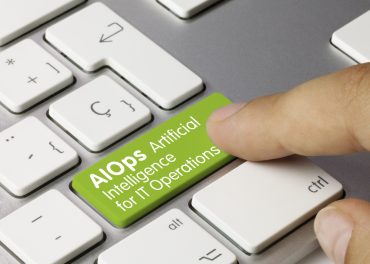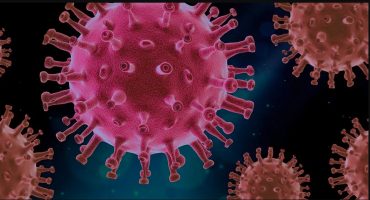
The joint work will develop artificial intelligence (AI) models to drive diagnosis and help to quantify diagnosis on a case-by-case basis.
The Boston and Shanghai-based AI teams for United Imaging will be collaborating with Massachusetts General Hospital to fight COVID using the latest advances in intelligence.
The two powerhouses of medicine and research will work together, combining their expertise in medical imaging and artificial intelligence to deploy something entirely new.
See also: Challenges of Adopting AI Medical Imaging
The investment seeks to use cutting edge technology in cross-modality research and development to address the entire experience of patients. The joint research collaboration will focus on bringing a new level of what some are calling “augmented intelligence” to fight the global pandemic.
Current standards focus on CT scans to identify positive cases of COVID, but these are still in the realm of traditional X-Ray diagnosis. The collaborators will use one of the largest collections of CT images to develop training programs for AI-driven diagnosis tools.
They’ll be developing AI models to drive diagnosis, testing severity, and helping to quantify diagnosis case by case. These things will also help in other potential use cases, helping streamline diagnosis and inquiry.
United Imaging is a global leader in advanced medical imaging, winning multiple awards and recognition over the years for its work in AI-driven research and development.
MGH’s artificial intelligence surgery lab is also one of recognition, building on the experience and expertise of both surgeons and artificial intelligence experts. This partnership will not only unlock better, broader diagnostics for our current issues with the pandemic disruption. It could also have far-reaching effects at the intersection of medicine and data.
As the world battles the disruption left behind by COVID, this collaboration could be a new chapter in patient care and diagnosis. Artificial intelligence won’t replace the expertise of doctors and radiologists, but it can help find deeper insights and patterns for diagnosis. It comes on the tail of a long-recognized need for better data analysis and cutting-edge tech within healthcare.
The results of the partnership and all algorithms developed from their research will remain public for the good of further medical advancement. The research will lead to other avenues and could be the first big step in a cohesive effort to assess, treat, and research further pandemics and public health matters.
[Source]





























